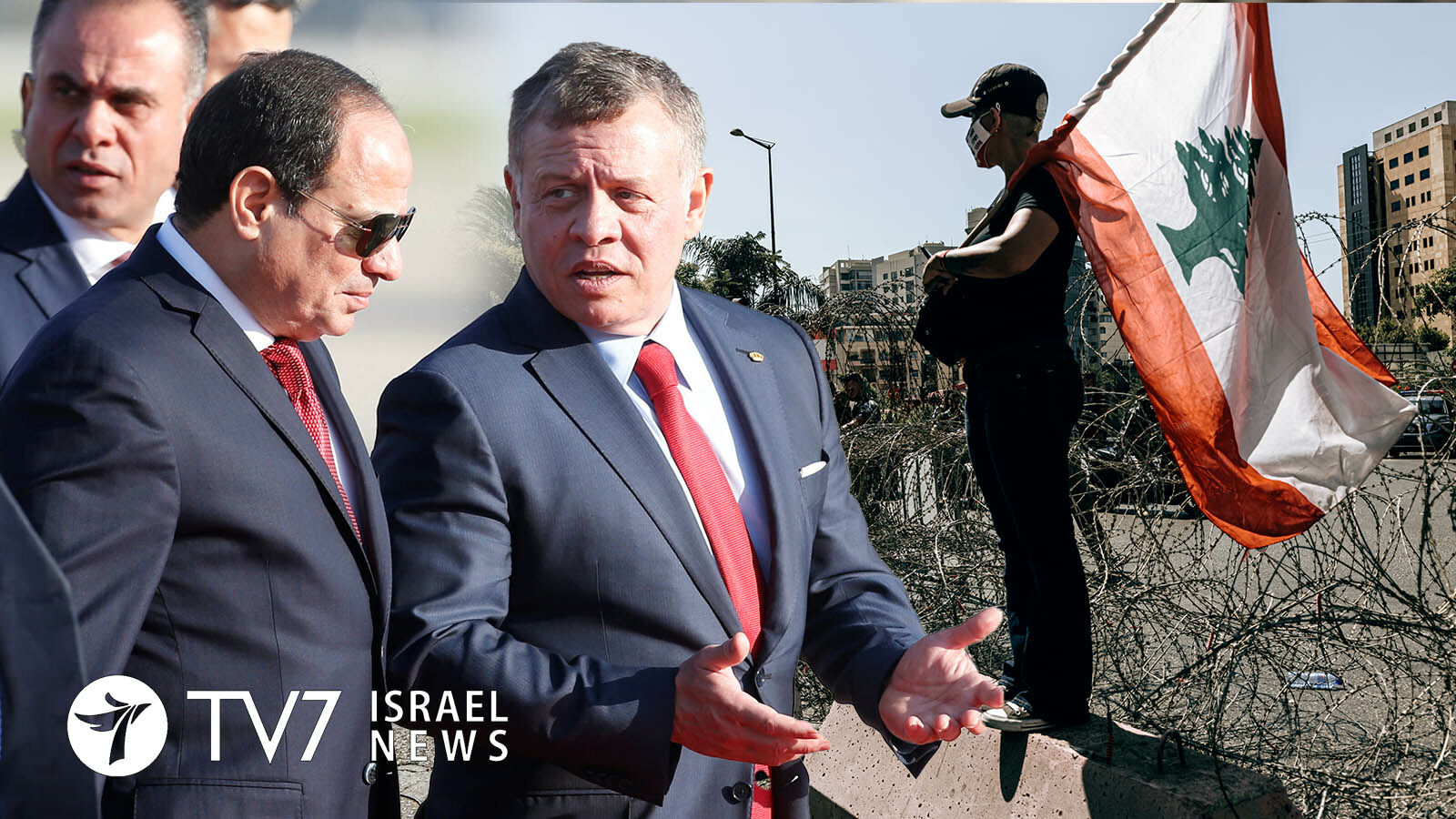Cairo is arranging gas deliveries and Amman hopes to start supplying Beirut with electricity to help ease Beirut’s severe power shortages.
By Erin Viner
Egypt is now finalizing its agreement to ship natural gas to Lebanon via a pipeline that passes through Jordan and Syria to help to boost Lebanon’s electricity output, as part of last month’s deal between all four countries that is backed by the United States.
The energy plan is complicated by US sanctions on the Syrian government of President Bashar al-Assad. Lebanese officials have called on Washington to grant an exemption to resolve its energy crisis, and US senators visiting Beirut in September said they were seeking ways to address the matter.
Lebanon has been paralyzed by the crippling energy shortages which has deepened as imported fuel reserves were emptied. The fuel crisis is part of a wider financial meltdown that has sunk the national currency by 90% since 2019 and impoverished about 75% of the population.
During a joint press conference with his Egyptian counterpart in Cairo earlier this week, Lebanese Energy Minister Walid Fayad announced that “Egypt offered … helping in the energy sector through the possibility of offering extra quantities of gas” beyond the originally anticipated quantity if necessary. “We will have another discussion on this,” Fayad said, without providing additional details.
Egyptian Petroleum Minister Tarek El Molla said that the two countries had agreed on a roadmap for the gas supplies. “God willing, we can finish the measures related to the deal within the few coming weeks,” he added, although he declined to specify as to when the delivery will begin.
Meanwhile, Jordanian Energy Minister Hala Adel Al-Zawati said during an interview with Sky News Arabia yesterday that the Hashemite Kingdom is working to begin electricity supplies to neighboring Lebanon by the end of the year. Lebanon is currently seeking financing from the World Bank for the project as part of the US plan, he added.
In related developments, Iranian Foreign Minister Hossein Amir-Abdollahian said in Beirut yesterday that the Islamic Republic is prepared to build two power plants in Lebanon over the next 18 months. One of the proposed facilities would be stationed in the capital and the other in the south of the country.
“We are completely ready to accomplish this project using the Islamic Republic of Iran’s technical expertise, and benefiting from joint Iranian-Lebanese investment,” he said speaking via an Arabic translator, in statements cited by Reuters. He did not, however, disclose the identity of any potential investors.
Iran backs the heavily armed, Lebanon’s Hezbollah group, which is recognized as a terrorist organization by Israel, the US and other countries. Hezbollah has long been accused of acting as ‘a state within the state’ in Lebanon since being founded by Iran’s Islamic Revolutionary Guards Corps (IRGC) in 1982. The political wing of the Shi’ite terror group has embedded itself in the Lebanese government, while its militia forces have waged numerous wars against Israel and fought on Assad’s behalf in the Syrian Civil War.
In a controversial move that Lebanon’s new government – that includes Hezbollah-backed ministers – said constituted a breach of national sovereignty, Hezbollah arranged the delivery of Iranian fuel into Lebanon through Syria in September.
The newly-inaugurated government of Lebanon’s Prime Minister Najib Mikati has vowed to renew negotiations with the International Monetary Fund (IMF) toward the establishment of both short- and medium-term rescue programs.
Lebanese-IMF talks stalled last year due to disagreement over the scale of economic system losses by Beirut’s political leaders with the country’s central bank and other financial institutions. Analysts say that such agreements on the losses, as well as how they should be distributed, are the first hurdles to pass in order to advance talks with the IMF.
Hezbollah has been accused of responsibility for the government deadlock over the implementation of reform, and deterring prospects of badly-required assistance from the international community.
